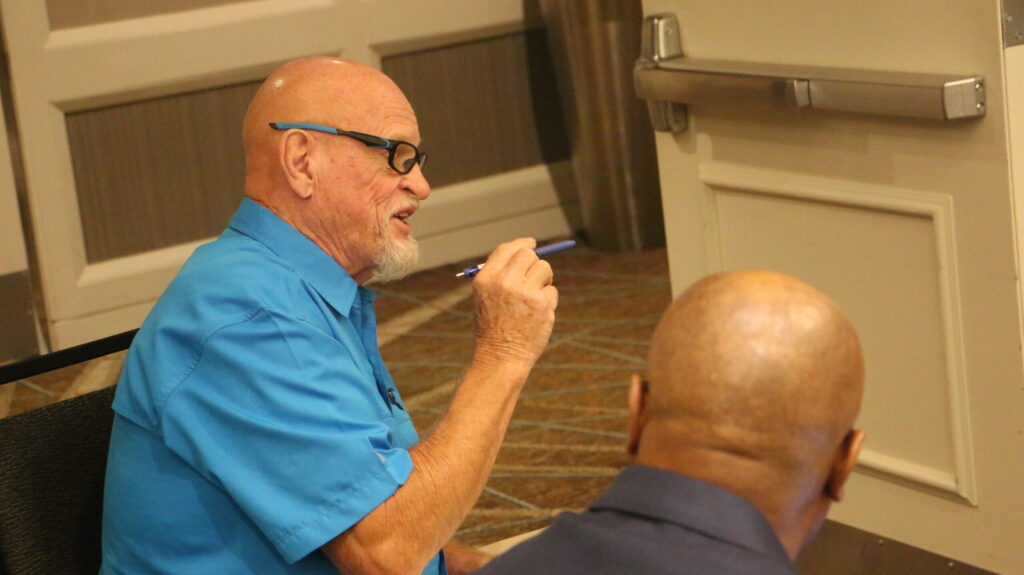Fire Safety Check List
In Pamlico County yesterday, an elderly woman lost her life in a house fire and her daughter was badly burned trying to help her get out. According to fire department officials, the blaze was ultimately blamed on an electrical heater that was in close proximity to combustibles in the house.
NCRGEA would like to remind you to be safe from fire as the winter temperatures get colder.
To help you, here is a Fire Safety Checklist provided by the Raleigh Fire Department. Please read and be safe. If you have any questions or concerns about issues in your home, you can call your local fire department.
Raleigh Fire Department
Fire Safety Checklist
- Baseboard and portable heaters are away from anything that can burn; furniture, curtains, papers, clothing, etc.
- The fireplace is equipped with a sturdy metal screen. The chimney is checked before each heating season and repairs are made as necessary.
- Extension cords and multi-plug adapters are used as little as possible. Extension cords are not tacked to walls, under rugs or through doorways.
- Cooking food is never left unattended while on the stove or in the oven. If you have to leave the kitchen for a short time while cooking, set a timer or take something with you to remind you that the stove or oven is on.
- The stove and oven are kept clean of grease and spilt food. In the event of a fire, you know to cover the flame and turn off the stove
- Matches, lighters and other smoking materials are kept out of the reach of children, preferably in a locked cabinet.
- Always place candles in non-tip candleholders before you light them. Keep them out of the reach of children. Extinguish candles before you leave a room or go to bed.
- No smoking in bed is a rule in your home. Drowsy or medicated people may forget lit materials and start a fire.
- Be sure Smoke Alarms are installed on a ceiling or high on a wall outside of the bedroom(s) on each level of your home.
- No smoking in bed is a rule in your home. Drowsy or medicated people may forget lit materials and start a fire.
- Twice a year you install new batteries in your smoke alarms and they are tested once each month.
Be sure your family knows what to do if there is a fire. Prepare an Escape Plan and have a Home Fire Drill so your family can practice their escape. To learn more about escape plans visit: http://www.nfpa.org
Discussing how to respond to an emergency can help reduce fear. It is critical that everyone recognizes the sound of the smoke alarms and knows two safe ways out of each room. When the smoke alarm sounds, there is no time to lose!
For an additional checklist please visit http://www.nfpa.org/sparky/PDF/SparkyChecklist.pdf


